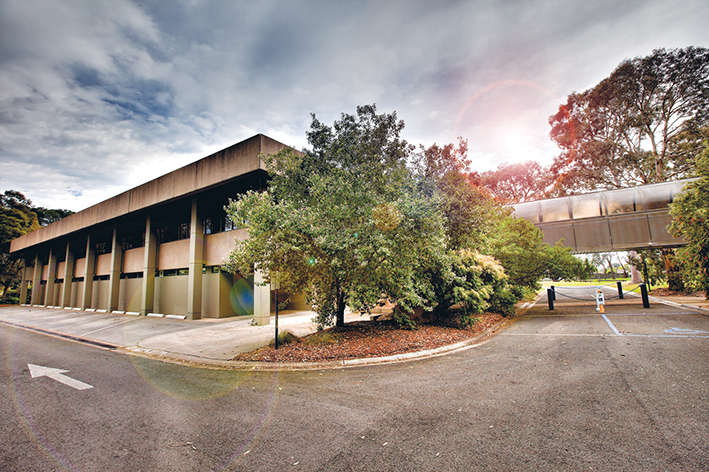THE state government has adopted new planning rules that open the way for three-storey houses in towns across the Mornington Peninsula.
Previously protected by restrictive planning overlays, the shire’s planning policy is now likely to be overruled by state laws.
Council officers – without reference to council – will be able to issue permits for developments worth up to $250,000 in green wedge zones, $500,000 in commercial areas and $1 million in industrial areas.
The mayor Cr Bev Colomb last week issued a statement which said the council “has expressed concern” at the changes and wants to meet with Planning Minister Richard Wynne.
However, the details about what residents and ratepayers can expect were outlined days earlier by Red Hill ward councillor David Gill who predicted the new planning rules “may lead to further degrading of town and rural character on the Mornington Peninsula”.
On Thursday he predicted the changes, which apply across the state, would be “a nail in the coffin of the state Labor government. This will be on a slow boil as people gradually find out”.
Specifically and affecting most people are regulations that allow three-storey houses “being built right next to you”, Cr Gill said.
“The only protection we might have are [the peninsula’s planning] overlays, but they will be tested in VCAT, which will probably go with state law.
“There’s a lot of doubt [about what the outcome would be], but parts of Hastings, Mornington and Rosebud don’t have those [protective] overlays.
“The government did it so there can be intensive development in Melbourne.”
In her statement the mayor said the council “has expressed concern over recent changes in state planning that could allow much taller buildings to be constructed in residential areas across the peninsula”.
“The council reacted strongly to the recent introduction of changes to the state’s General Residential Zone (GRZ) provisions which now will allow construction of buildings up to three stories or 11 metres in height,” Cr Colomb said.
“This change will have a significant negative impact on the special character and uniqueness of the Mornington Peninsula.”
“Our planning scheme, which has taken shape following close consultation with our communities, reflects the peninsula’s village appeal, while also fostering a substantial and diverse local economy and areas of national and international conservation significance.”
Cr Colomb said the shire had previously “worked well” with the state government “however, on this particular matter, we will seek a meeting with the planning minister to discuss this critical neighbourhood character element to ensure the Mornington Peninsula maintains its special values”.
Cr Gill said the state had imposed the new planning regulations “without meaningful consultation”.
“The changes seek to avoid excessive site coverage of buildings and sealed surfaces but there is a stinging trade-off that allows three storeys in a general residential zone (GRZ).
“The GRZ applies to all of our residential areas including coastal villages.
“Our protective overlays may still apply, limiting houses to two storeys, but in parts of Rosebud, Hastings and Mornington local character is not protected by overlays and three storeys could become the norm.”
Cr Gill said Mr Wynne had broadened state-wide planning provisions for permit applications called Vicsmart that deny rights of appeal and councillors the right to intervene on ratepayers’ behalf.
He said planning decision under Vicsmart would be made by council officers “while councillors, your elected representatives, have no say on these permit applications”.
“The first you will know about a Vicsmart development, even next door, will be when work starts. There will not even be the normal permit pending yellow sign on the subject property,” Cr Gill said.
“Vicsmart was meant to allow for quick, 10-day processing of minor permit applications like front fences, carports and small sheds but now will apply to much larger and costly proposals, this includes a range of developments in our precious agricultural and rural areas.
“Council officers make all Vicsmart planning decisions. Councillors, your elected representatives, have no say on these permit applications.
“We often complain about the fairness of the Victorian Civil and Administrative Tribunal (VCAT) that hears planning appeals but now an increasing number of planning matters will be beyond any appeal at all.”
First published in the Southern Peninsula News – 6 June 2017


